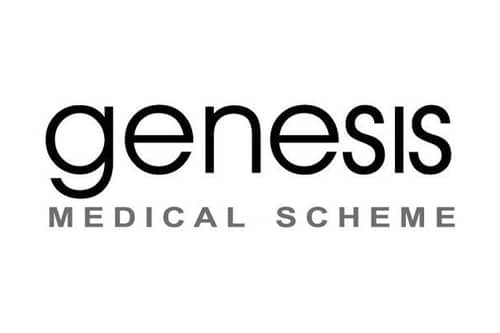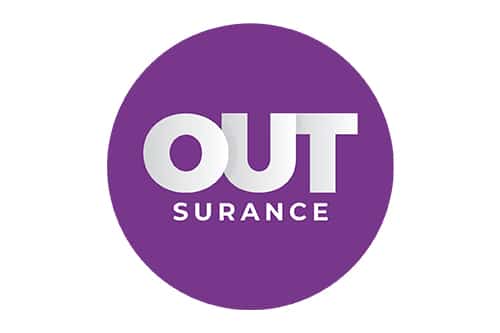Guide to cosmetic surgery
Comprehensive Guide to Cosmetic Surgery: Procedures, Considerations, and Insights
Cosmetic surgery, also known as aesthetic surgery, involves surgical procedures designed to enhance an individual’s appearance and improve self-esteem by altering or rejuvenating specific features of the face or body. These procedures are elective and typically focused on aesthetic enhancement rather than medical necessity. In this comprehensive guide, we will delve into the world of cosmetic surgery, exploring various procedures, considerations before undergoing surgery, risks, benefits, and the importance of careful decision-making. All information provided is based on reputable sources to ensure accuracy and reliability.
Introduction to Cosmetic Surgery
Cosmetic surgery is a branch of plastic surgery that focuses on enhancing a person’s appearance through surgical techniques. The aim is to improve symmetry, proportion, and aesthetic appeal. Advances in medical technology have led to a wide array of cosmetic procedures, ranging from non-invasive treatments to extensive surgical interventions. These interventions can target various areas of the body, including the face, breasts, abdomen, and more.
Common Cosmetic Surgery Procedures
Facial Procedures:
- Rhinoplasty (Nose Job): Reshaping the nose to enhance facial harmony and correct breathing difficulties.
- Blepharoplasty (Eyelid Surgery): Addressing sagging eyelids or under-eye bags to create a more youthful appearance.
- Facelift (Rhytidectomy): Reducing visible signs of aging by tightening facial muscles and removing excess skin.
- Brow Lift: Elevating a sagging brow to reduce forehead wrinkles and create a more youthful look.
- Otoplasty (Ear Surgery): Reshaping or repositioning protruding or misshapen ears for improved symmetry.
Breast Procedures:
- Breast Augmentation: Enhancing breast size and shape through the placement of implants.
- Breast Reduction: Reducing breast size to alleviate discomfort and improve proportion.
- Breast Lift (Mastopexy): Lifting and reshaping breasts to restore a youthful contour.
Body Contouring Procedures:
- Liposuction: Removing excess fat deposits to improve body contour and proportions.
- Tummy Tuck (Abdominoplasty): Tightening abdominal muscles and removing excess skin to create a flatter abdomen.
- Body Lift: Addressing sagging skin and excess fat in multiple areas of the body, often after significant weight loss.
Injectable Treatments:
- Botox: Temporarily reducing wrinkles and fine lines by relaxing facial muscles.
- Dermal Fillers: Restoring volume and reducing wrinkles by injecting various substances into the skin.
Preparation and Considerations
Before undergoing any cosmetic procedure, thorough consideration and preparation are essential:
Consultation with a Plastic Surgeon:
- Seek consultations with board-certified plastic surgeons who specialize in the desired procedure.
- Discuss expectations, potential risks, recovery, and costs during the consultation.
Medical Evaluation:
- Complete a comprehensive medical evaluation, including a review of medical history and current health status.
- Discuss any existing medical conditions, medications, allergies, or previous surgeries.
Realistic Expectations:
- Understand the limitations of cosmetic surgery and maintain realistic expectations regarding the outcomes.
Financial Planning and Insurance:
- Verify the costs associated with the procedure, including surgeon fees, facility fees, anesthesia, and post-operative care.
- Cosmetic surgery is typically not covered by health insurance, so financial planning is crucial.
Recovery Planning:
- Plan for the recovery period, including time off work, assistance with daily activities, and any restrictions on physical activities.
Risks and Complications
Cosmetic surgery, like any surgical procedure, carries inherent risks and potential complications:
Infection: Risk of bacterial infection at the surgical site, requiring prompt treatment with antibiotics.
Bleeding and Hematoma: Blood accumulation under the skin, necessitating drainage or surgical intervention.
Scarring: Visible scars at the incision sites, which may fade over time but could remain permanent.
Anesthesia Risks: Reactions to anesthesia, ranging from minor issues to more severe allergic reactions.
Asymmetry or Irregularities: Uneven or irregular results that may require corrective surgery.
Benefits and Positive Outcomes
Improved Self-Esteem: Cosmetic surgery can boost self-confidence and improve mental well-being by addressing physical concerns.
Enhanced Appearance: Procedures can enhance specific features, creating a more proportionate and aesthetically pleasing look.
Rejuvenation: A youthful, refreshed appearance can be achieved, contributing to a more vibrant and energetic outlook.
Motivation for Healthy Lifestyle: Some individuals find that cosmetic enhancements encourage them to maintain a healthier lifestyle to preserve the results.
Postoperative Care and Recovery
Follow Surgeon’s Instructions:
- Adhere to all postoperative care instructions provided by the surgeon, including wound care, medication, and activity restrictions.
Pain Management and Healing:
- Manage pain and discomfort with prescribed medications while allowing the body to heal.
Rest and Relaxation:
- Ensure adequate rest and avoid strenuous activities during the initial recovery period.
Follow-up Appointments:
- Attend scheduled follow-up appointments to monitor progress and address any concerns.
Scar Care:
- Follow scar care instructions to optimize wound healing and minimize scarring.
Conclusion
Cosmetic surgery offers a multitude of options for individuals seeking to enhance their appearance and improve self-confidence. Each procedure is unique, necessitating careful consideration, consultation with qualified surgeons, and thorough preparation. While risks and complications exist, proper planning, realistic expectations, and adherence to postoperative care can contribute to successful outcomes. Ultimately, the decision to undergo cosmetic surgery should be well-informed and align with the individual’s personal goals and aspirations for aesthetic enhancement. Always consult with a qualified healthcare professional for personalized advice and guidance regarding cosmetic surgery.
Read more about Cosmetic Surgery


































